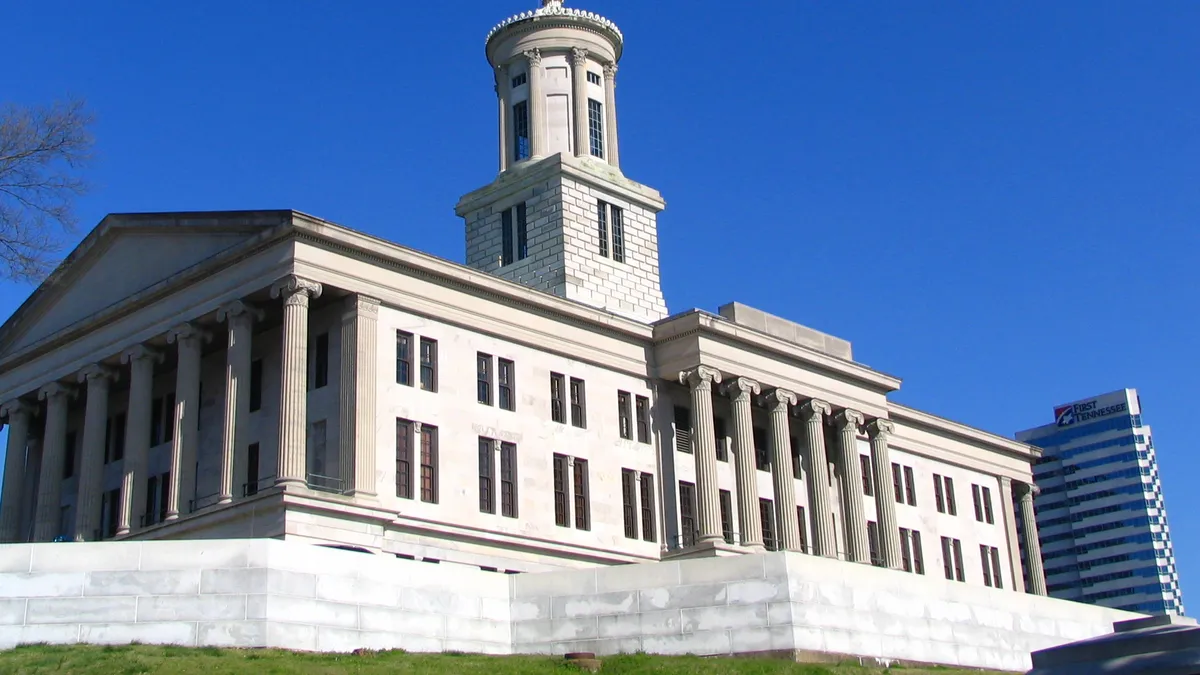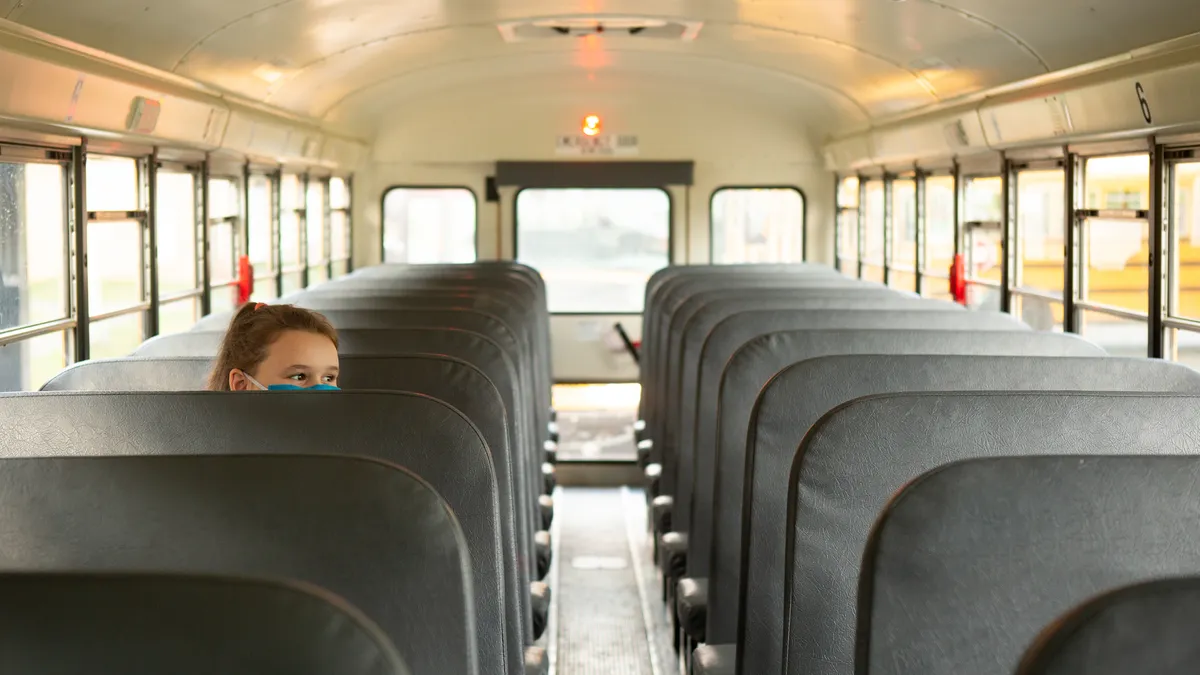EDITOR'S NOTE: While this list is extensive, it is not complete and will continue to be updated. Know of any legislation that's not on this list? Let us know here.
- Tennessee could see big moves in the education space during the 2019 legislative session, which began on Jan. 8. Rep. Mark White, R-Memphis, chairs the House Education Committee and, in an interview with Chalkbeat, said testing, vouchers and pre-K were among some of the hot topics he expected to see rise to the surface among the body. He also speculated that dual enrollment and vocational and technical education would be issues to watch.
- Some of White’s predictions have turned out to be true. Rep. Jay Reedy, R-Erin, sponsored a bill that would allocate up to $6,000 per family per year for educational services in the event that they don’t want to pursue a public education for their child. The voucher bill would amend current policy by expanding who can apply for this funding – right now, only public school students’ families are eligible, and Reedy wants to expand this to include private school or homeschooled students.
- Another bill puts power in the hands of local governing bodies when it comes to their superintendents. Under Senate Bill 19, these bodies could choose to mandate an election in retaining a local school superintendent. And if a majority of voters don’t want to retain a superintendent, a school board wouldn’t be allowed to extend his or her contract.
- But to be on the school board, another potential law comes into play. According to House Bill 19, relatives of a school superintendent, school board member or central office staff member would automatically be deemed ineligible to serve on a local school board.
- One lawmaker, Rep. Antonio Parkinson, D-Memphis, said he's drafting legislation that would create a code of conduct that parents, in addition to students and staff, would have to follow if they come to campus.
- In addition, within the first week of the session, a bill was filed that would legalize sports betting and, in doing so, local schools would get some of the money made.
- And, as is the case in many states, it’s likely the legislature will debate the level of education funding and whether it’s enough to adequately educate its students.






 Dive Awards
Dive Awards







